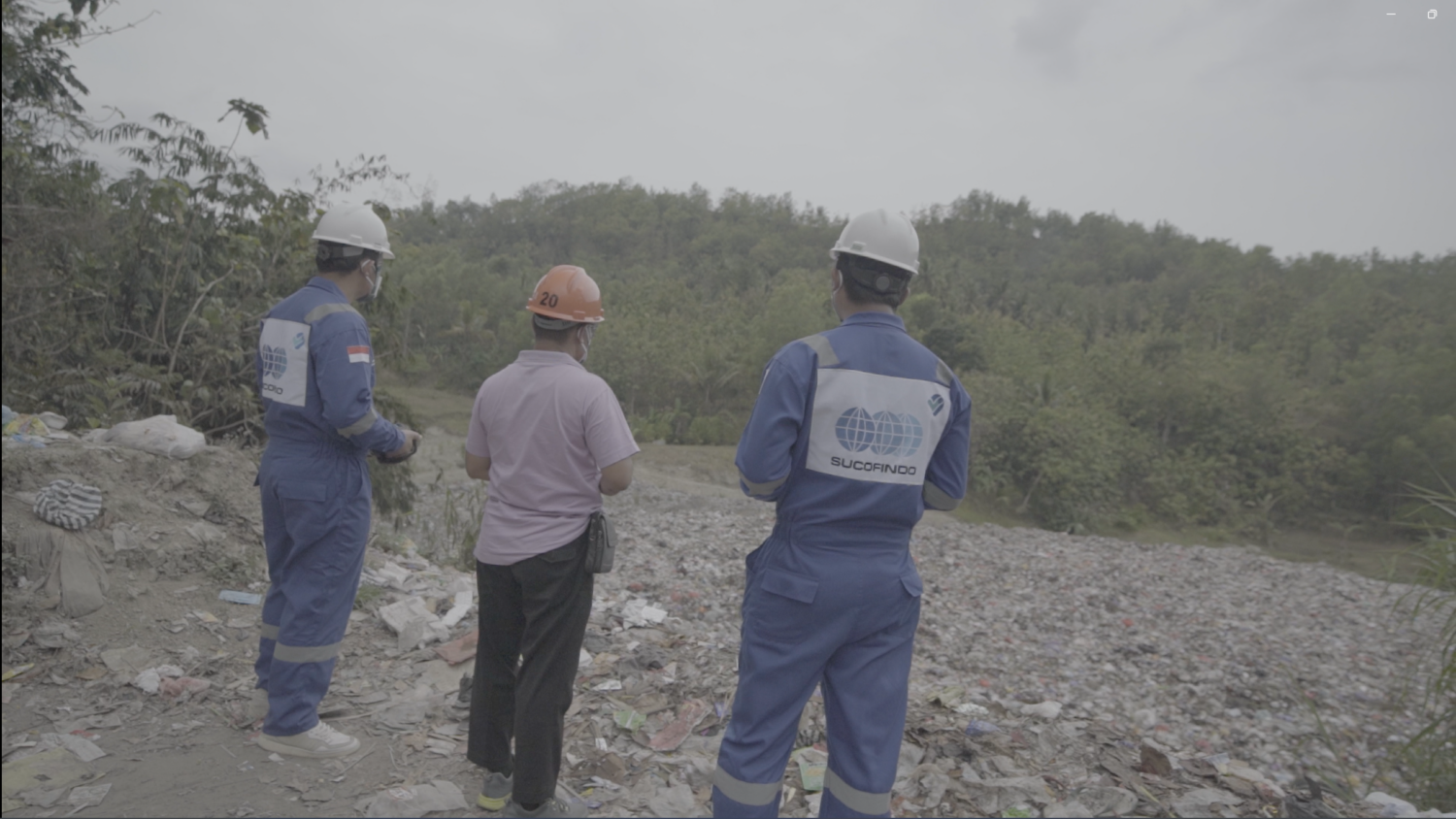In today’s industrial landscape, Occupational Health and Safety (OHS) is no longer a mere compliance obligation—it is a strategic foundation for operational excellence. OHS refers to a structured approach that protects employees, prevents accidents, and strengthens business continuity.
However, many companies still perceive OHS implementation as an expense, not an investment. In reality, when safety is neglected, the cost of accidents—both financial and reputational—can be far greater than prevention.
Workplace Accidents Still Happen Frequently
Recent accidents in the construction, manufacturing, and energy sectors underscore a concerning trend: many companies lack proper safety enforcement on the ground, even if OHS policies exist on paper. Reports from the Indonesian Ministry of Manpower show that incident rates remain high, particularly among businesses without structured safety systems.
This indicates a fundamental issue—not the absence of documentation, but the absence of safety culture and measurable action.
Common Challenges in OHS Implementation
Many organizations face recurring OHS challenges such as:
- Inconsistent enforcement of safety procedures
- Improper or lack of supervision in using Personal Protective Equipment (PPE)
- Lack of regular training or emergency simulations
- Inadequate incident reporting and risk analysis
- No structured internal audits
- Absence of international OHS certification (e.g., ISO 45001) or national compliance (e.g., SMK3)
These shortcomings not only increase the risk of accidents, but also hinder the company’s ability to comply with legal, environmental, and procurement standards.
Build a Standardized, Measurable OHS System
To create a safe and productive work environment, companies need an OHS system that is:
- Aligned with global standards (such as ISO 45001)
- Compliant with national frameworks, such as SMK3 (Sistem Manajemen Keselamatan dan Kesehatan Kerja)
- Implemented thoroughly, from top leadership to site-level staff
- Driven by data, including risk mapping, audit findings, and performance indicators
A strong OHS foundation not only prevents incidents but also adds value in regulatory assessments, ISO audits, and PROPER evaluations.
Who Should Use OHS Services from SUCOFINDO?
SUCOFINDO’s OHS services are highly relevant for companies in sectors with high operational risks or compliance demands, such as:
- Construction and infrastructure projects
- Manufacturing and industrial operations
- Mining, oil, and gas companies
- Logistics, warehousing, and port operations
- Utilities and energy providers
- Government institutions and state-owned enterprises
- MSMEs aiming to upgrade compliance and qualify for larger projects
Positive Impact of OHS System Implementation
Companies that adopt structured OHS systems benefit from:
- Reduced incident rates and operational disruptions
- Faster and smoother compliance with national and global regulations
- Enhanced corporate reputation and partner trust
- Improved employee morale and retention
- Competitive advantage in certification, tenders, and public perception
Benefits of Partnering with SUCOFINDO
SUCOFINDO offers complete and accredited OHS solutions, including:
- SMK3 certification and compliance audits
- Implementation support for ISO 45001:2018
- OHS training and awareness programs
- Occupational risk mapping and hazard assessments
- Safety inspection for equipment and infrastructure
All services are delivered by certified experts and tailored to your operational needs.
Conclusion: Safety Is a Strategic Investment
Companies that take OHS seriously not only reduce risks, but also create safer workplaces, stronger brands, and more sustainable business operations.
With SUCOFINDO as your OHS partner, your company gains a reliable, structured approach to workplace safety—grounded in compliance, driven by data, and recognized by regulators and stakeholders alike.
Because workplace safety is not a formality. It’s your foundation for sustainable growth.







